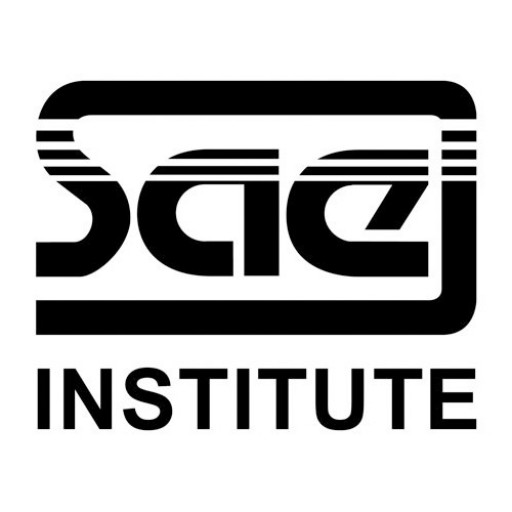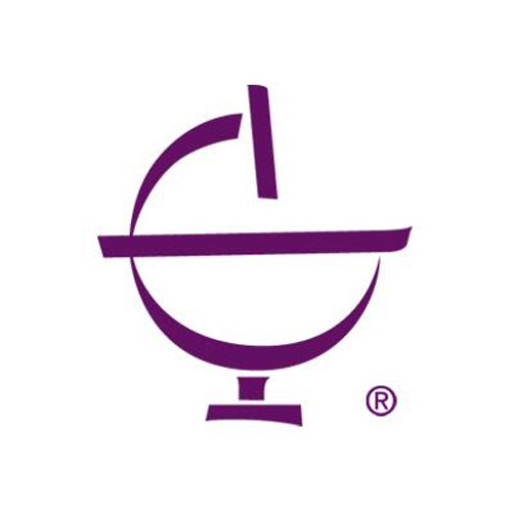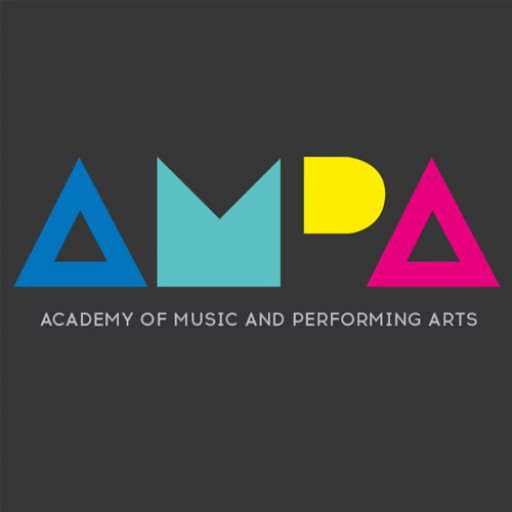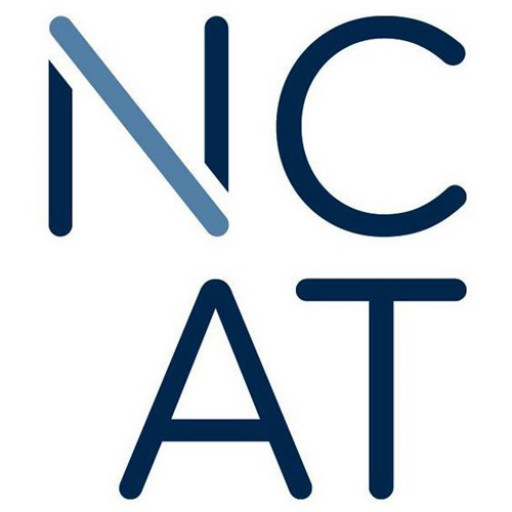The Bachelor of Music Industry at SAE Creative Media Institute offers students a comprehensive and practical education designed to prepare them for a dynamic career in the music business. This program provides a unique blend of theoretical knowledge and hands-on experience, equipping graduates with the skills necessary to succeed in various sectors of the music industry, including management, marketing, production, and distribution. Throughout the course, students explore key areas such as artist development, music publishing, copyright law, digital marketing, sound engineering, and live event management. The curriculum emphasizes industry-relevant skills, critical thinking, and entrepreneurial spirit, enabling students to adapt to the fast-changing landscape of the music business. Students have access to state-of-the-art facilities and equipment, including recording studios, practice rooms, and media labs, fostering a practical learning environment. Additionally, the program encourages industry engagement through internships, guest lectures, and networking opportunities, allowing students to build valuable professional connections. The interdisciplinary approach ensures that graduates are well-rounded professionals capable of handling various roles within the industry, from talent management to digital content creation. With a focus on innovation and technological advancements, the program prepares students to leverage new platforms and tools to promote artists and music globally. Upon completion, graduates will be equipped to pursue careers in record labels, music streaming platforms, concert promotion, artist management, and media production, among others. The Bachelor of Music Industry at SAE Creative Media Institute is dedicated to nurturing passionate individuals who aspire to influence and shape the future of music worldwide.
The Music Industry program at SAE Creative Media Institute is designed to equip students with comprehensive knowledge and practical skills necessary to succeed in the dynamic world of music production, management, and distribution. Throughout the course, students will explore various facets of the music business, including music marketing, artist development, recording techniques, and rights management. The curriculum combines academic theory with hands-on experience, allowing students to work with industry-standard software and equipment, develop their own projects, and collaborate with peers and industry professionals.
Participants will gain in-depth understanding of how to produce high-quality recordings, manage music artists, and navigate the legal aspects of the industry such as licensing and intellectual property rights. The program emphasizes the importance of digital platforms and social media in building an artist’s brand, and students will learn strategic promotion and distribution methods in today’s rapidly evolving digital landscape. Additionally, students will have opportunities to engage in real-world projects, internships, and networking events, preparing them for immediate entry into the industry upon graduation.
Expert instructors from the music and media sectors provide mentorship and guidance, enabling students to develop their unique voice and industry insight. The program also fosters entrepreneurial thinking, encouraging students to innovate within the music industry and develop their own business ideas. Graduates of the Music Industry program leave equipped with a robust portfolio of work, industry contacts, and the confidence to pursue careers such as music producers, managers, label executives, marketing specialists, or entrepreneurs. With a focus on both creative artistry and commercial acumen, SAE’s Music Industry program offers a comprehensive pathway into the vibrant world of music business, preparing students to excel in a competitive environment and adapt to ongoing industry changes.
The Music Industry program at SAE Creative Media Institute is designed to provide students with comprehensive knowledge and practical skills necessary to succeed in the dynamic and multifaceted music business environment. The program curriculum encompasses a broad range of subjects including music production, artist management, copyright law, marketing and promotion, digital distribution, record label operations, and event management. Students engage in hands-on projects that simulate real-world industry scenarios, enabling them to develop critical thinking, strategic planning, and entrepreneurial skills essential for careers in music marketing, management, and production.
To enroll in the Music Industry program, applicants are typically required to hold a high school diploma or equivalent qualification. No specific prerequisite courses are mandated; however, a demonstrated passion for music and previous experience in related fields can be advantageous. Prospective students may need to submit a portfolio or personal statement outlining their interest in the music industry, along with proof of English language proficiency if their previous education was not conducted in English.
The program duration varies but generally spans 12 to 18 months, depending on whether students opt for full-time or part-time study options. The coursework is delivered through a combination of lectures, seminars, workshops, and industry internships, which are integral components of the program to ensure practical exposure. Students also have access to state-of-the-art studios, recording equipment, and industry-standard software to facilitate hands-on learning.
Assessment methods include practical projects, presentations, written assignments, and examinations. Program completion requires students to successfully pass all coursework requirements and often involves a final project or portfolio presentation demonstrating their comprehensive understanding of the music industry landscape.
Graduates of the Music Industry program are equipped to pursue careers such as music producers, talent managers, marketing specialists, record label executives, and live event coordinators. The program aims to foster industry-ready professionals who can adapt to fast-changing technological and market trends in the global music sector. Additionally, SAE supports students with career guidance and industry networking opportunities to enhance their employment prospects upon graduation.
The Music Industry program at SAE Creative Media Institute offers various financing options to support students in their educational pursuits. Tuition fees vary depending on the campus location and specific course components but generally include tuition costs, registration fees, and material expenses. Students are encouraged to explore external funding sources such as scholarships, grants, and sponsorship opportunities provided by the institution or third-party organizations. SAE Institute often collaborates with industry partners to offer scholarships aimed at talented students demonstrating financial need, academic excellence, or potential for contribution to the music industry. Additionally, students may consider student loans or payment plans that facilitate manageable installment payments, helping to reduce financial burden during their studies. The institute also provides guidance on applying for government-backed financial aid programs where applicable. International students should review visa requirements that may include financial proof or sponsorship documentation. Financial planning is recommended as part of the enrollment process, and the SAE financial aid office assists students with applying for available funding options. Part-time work opportunities in and around the campus can also supplement students’ income during their studies. Overall, SAE Creative Media Institute strives to make Music Industry education accessible by offering comprehensive and flexible financing solutions tailored to the needs of a diverse student body, ensuring that talented individuals can pursue their passion for music and media without undue financial stress.
The Bachelor of Applied Science in Music Industry at SAE Creative Media Institute offers students a comprehensive curriculum designed to prepare them for a dynamic career in the music business. The program integrates practical skills with theoretical knowledge, covering essential areas such as music production, artist management, music marketing, live sound, audio engineering, and copyright law. Students gain hands-on experience through state-of-the-art facilities and industry-standard equipment, enabling them to develop a professional portfolio by the end of their studies. The program emphasizes the importance of understanding the evolving landscape of the music industry, including digital distribution, social media strategies, and new revenue streams. Collaboration with industry professionals is a key component, providing networking opportunities and real-world insights. The coursework is structured to foster creativity, strategic thinking, and entrepreneurial skills, empowering graduates to pursue careers as music producers, label managers, concert promoters, and other roles within the industry. Additionally, students participate in internships and live projects, giving them practical exposure and enhancing employability upon graduation. The program is suitable for those passionate about music and interested in the business side of the industry, seeking to combine artistic talent with commercial acumen. The duration of the program typically spans three years, and students are expected to engage in continuous assessment through projects, presentations, and exams. Graduates of the program are equipped with both technical expertise and industry knowledge, enabling them to adapt to the fast-changing environment of the music world and to create innovative solutions for their future careers.








